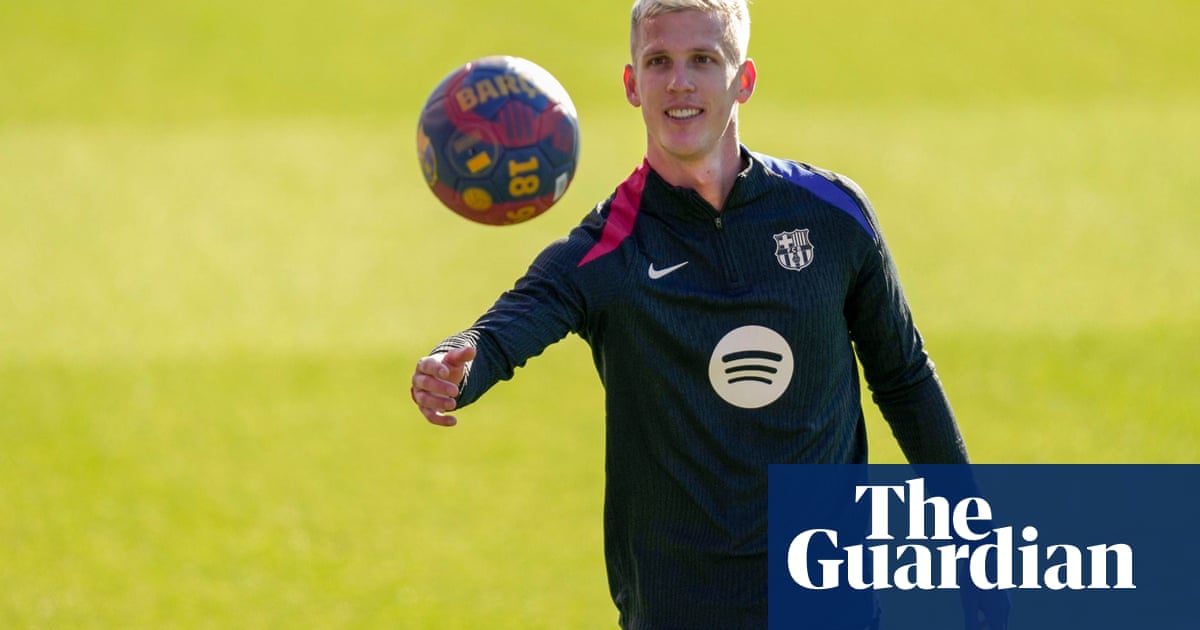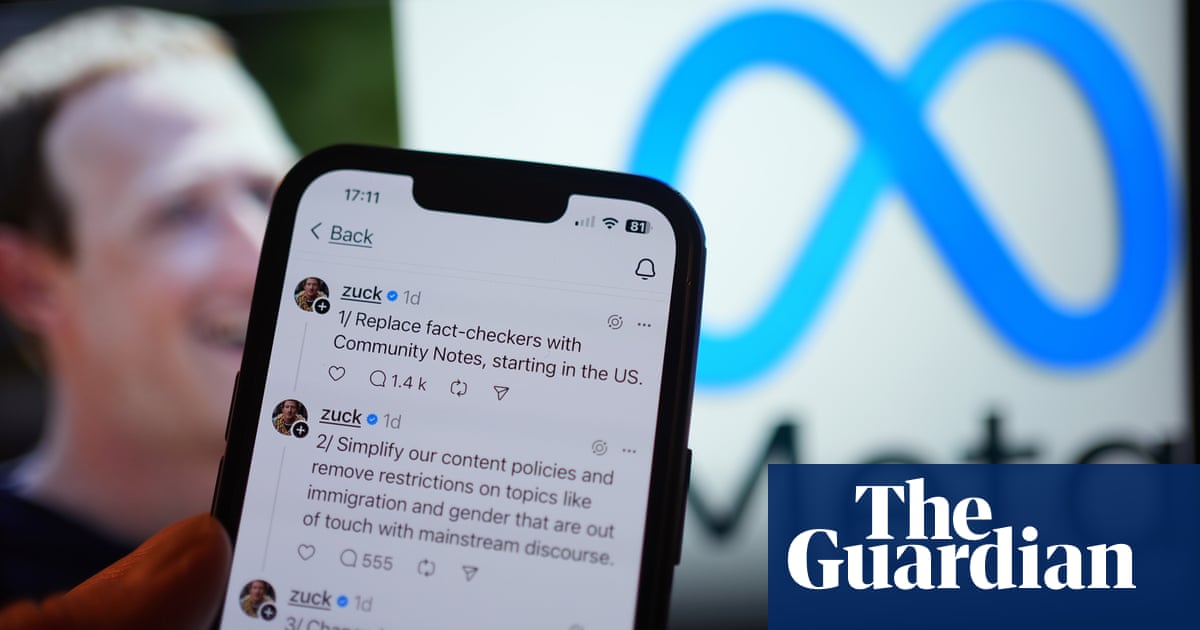I’m mindlessly scrolling on my laptop one night when I remember the blog I used to write as a nine-year-old. To my surprise, it’s still live.
I spend the rest of the evening poring over my child-self’s Comic Sans screeds. Ellie, as I was known then, was plucky, opinionated and passionate about her niche interests (Beanie Babies, dog breeds); she wrote with a lack of self-consciousness I envy.
In some ways, Ellie is recognisably me. But she also seems more confident, daring and authentic – her decisiveness and exuberance seem to be exactly what my life is missing.
What happened?
You don’t need to have had therapy to have heard of the “inner child”. Originating with Carl Jung, the concept became popular in the 90s when John Bradshaw, one of the founding fathers of self-help, drew from his “dysfunctional” upbringing to argue that childhood experiences drove adult suffering.
Bradshaw’s books, about “reclaiming and championing” the wounded infant within, were bestsellers, even as his ideas were ridiculed. (The Simpsons’ absurdly enlightened self-help guru Brad Goodman, whose mantra “do what you feel” causes chaos, was based on Bradshaw.)
Now, as therapy has become mainstream, the inner child has found a second life on TikTok, with entire channels devoted to healing from childhood neglect and even “reparenting” your younger self. But there’s still some scepticism about “inner child work” and the suggestion that reconnecting with our past experiences could alleviate our troubles in adulthood.
It sounds like a simplistic solution, not to mention wholly impractical: how could a child help us navigate the difficulty and complexity of modern life?
When Gloria Zhang, relationship coach and host of The Inner Child Podcast, first heard of “inner child healing”, she thought it was “some kind of new age bullshit”.
“It sounded so ridiculous,” she says, laughing.
Growing up in Canada, Zhang had a difficult relationship with her parents. They were first-generation immigrants from China, “doing the best they could” to establish themselves in their new country, she says.
But Zhang’s experience of childhood was that her feelings were routinely dismissed, and she struggled with chronic insomnia and OCD.
She went on to train as a psychotherapist, in part to understand her own psyche. But neither that, nor therapy, resolved Zhang’s deep-seated sense of unworthiness, driving her “need to achieve and impress” in adulthood. Work was central to Zhang’s identity, and she struggled with burnout and intimate relationships.
Reconnecting with her inner child proved the “last missing piece”, she says, targeting the unmet needs driving her dysfunctional love life, chronic people-pleasing and workaholism. Now Zhang defines the inner child as “the essence of who we are”: the self as it was before it experienced hardship, loss or just cultural conditioning “about what we’re supposed to do, and who we’re supposed to be”.
Most of her clients want help with finding a partner, she says, before realising they first need to establish “a relationship with themselves”. That’s what “reparenting” does, Zhang says: peeling back those layers to reveal that blank-slate self “that we actually still carry within us”.
Though “reparenting” has become “a bit of a buzzword”, Zhang acknowledges, it essentially means taking care of yourself as you would a child – starting with the basics, like eating well and getting enough sleep.

Many people have learned to neglect their own needs in order to satisfy others’ demands or prove themselves worthy. “We think that love, or life, is supposed to feel hard – that it’s supposed to always be a struggle,” says Zhang.
Try attuning to your needs in the moment – a glass of water or social interaction – and meeting them. With time, that can shift your priorities, and act as a buffer against needless demands on your time and energy. No little girl ever dreamed of working 80-hour weeks, Zhang points out.
Once she started focusing on her inner child, that drive to succeed and push herself “sort of fell away”, Zhang says. “I found myself just wanting to enjoy life.”
She still works hard and has professional goals, she adds. “It’s just not coming from a place of ‘I’ve got to prove myself, so that my parents love me.’”
Now Zhang is receptive to mundane pleasures and opportunities to feel joy and awe. She still has emails to send, dishes to do, and all the other necessary evils of adulthood – but they no longer seem so draining or all-encompassing.
“I actually feel more like a child now than I did at 10,” says Zhang.
Inner child work is not a specific therapeutic discipline, but there’s undeniably a market for it. Adult colouring-in books are totally mainstream, and experts espouse the benefits of play for adults. Even my small city is full of escape rooms, trampoline parks, themed bars, boutique sweet shops and other grown-up diversions.
But you don’t need to spend money to recapture childlike play or wonder, Zhang says.
Instead of an expensive spa day, she’ll spend a few minutes lying down in her backyard, watching passing clouds – or even on the floor of her house, like she used to as a child. She goes for walks with no goal or destination, and sings while doing chores.
“We are naturally capable of experiencing joy; we don’t need to teach ourselves how to do that. What we do need is to give ourselves permission.”
It can be hard to prioritise pleasure in the face of so much messaging that our time and effort must have a productive outcome, says Zhang. Even self-care and managing mental health may start to seem like work, or just another outlet for our drive to achieve and better ourselves.
Seeking to channel your inner child can make it feel lighter, even effortless. “When you can actually feel it, there’s a part of you that really does desire to have fun,” she says.
Having taught yourself to register those needs and desires, meeting them is often straightforward, says Zhang. She has learned, from tuning in “to little Gloria”, to not look at her phone first thing in the morning, and to rest when she’s tired. Sometimes she’ll rewatch one of her favourite Disney films from childhood, simply for the nostalgic comfort.
“It turns out, it doesn’t take much to make me happy,” Zhang says, laughing. “I just wasn’t doing those things before.” Her certitude makes me wonder what simple pleasures I might be missing out on.
At first I feel self-conscious and silly, stopping throughout the day to ask “Ellie” what she needs. But once I get over that, it does seem to take the effort out of managing my mind, and my days fall into place.
Zhang was right – quite often, what I really need is a glass of water. It’s humbling to be reminded that, behind the over-thinking ego, there’s a body that thrives on the basics.
Instead of grazing from the fridge and falling asleep on the sofa, I start to think about preparing my meals and putting myself to bed. Exercise goes from seeming like a chore, to a chance to move my body and enjoy the outdoors.
Thinking about myself as a child also casts my adult life in a new light. I might feel daunted by my inbox or stressed about saving, but she’d be thrilled by my flat, my job and my cats.
One morning, I wake up and feel like reading my favourite book from childhood – My Family and Other Animals by Gerald Durrell. It’s both familiar, and different from what I remember. The pleasure I take from it, however, is the same 25 years later.

.png) 2 months ago
13
2 months ago
13













































